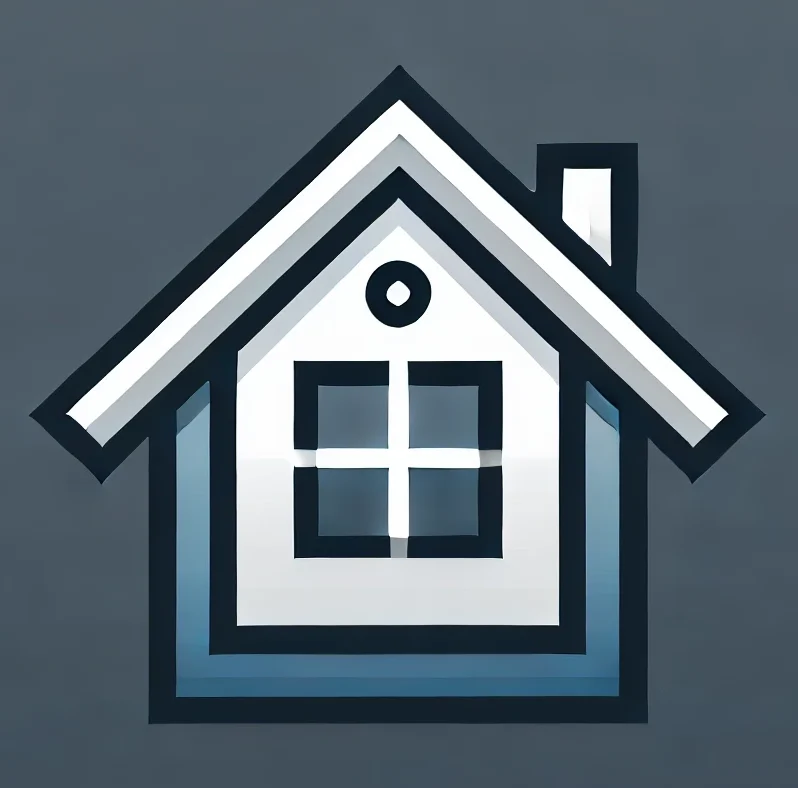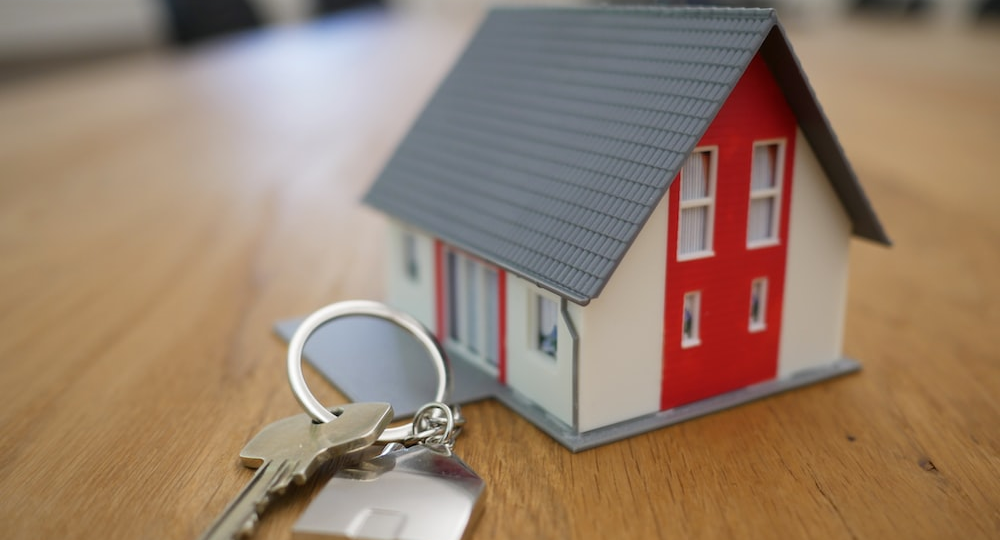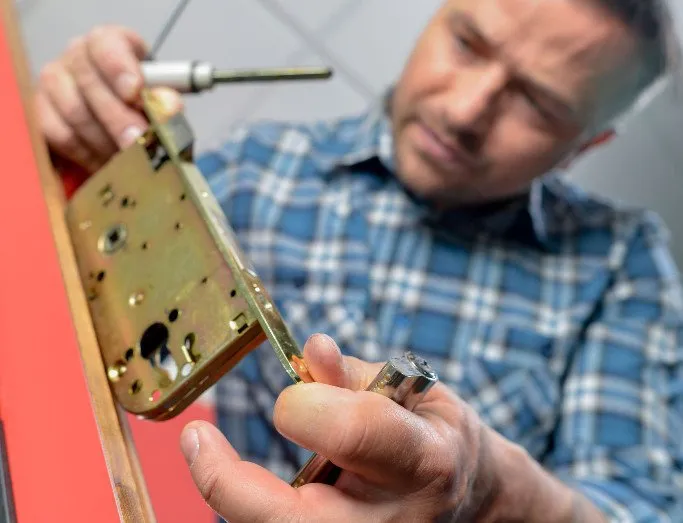When it comes to securing your home, choosing the right type of lock is a critical decision. Canadian homeowners are increasingly faced with the choice between traditional locks and modern smart locks. Each option has its advantages and drawbacks, depending on your lifestyle, security needs, and budget. In this article, we’ll compare smart locks and traditional locks to help you decide which is the best fit for your home.
What Are Smart Locks?
Smart locks are advanced electronic locking systems that allow you to control access to your home through digital means, such as a smartphone app, keypad, or voice control. These locks offer keyless entry and can be integrated with smart home systems, making them a convenient choice for tech-savvy homeowners.
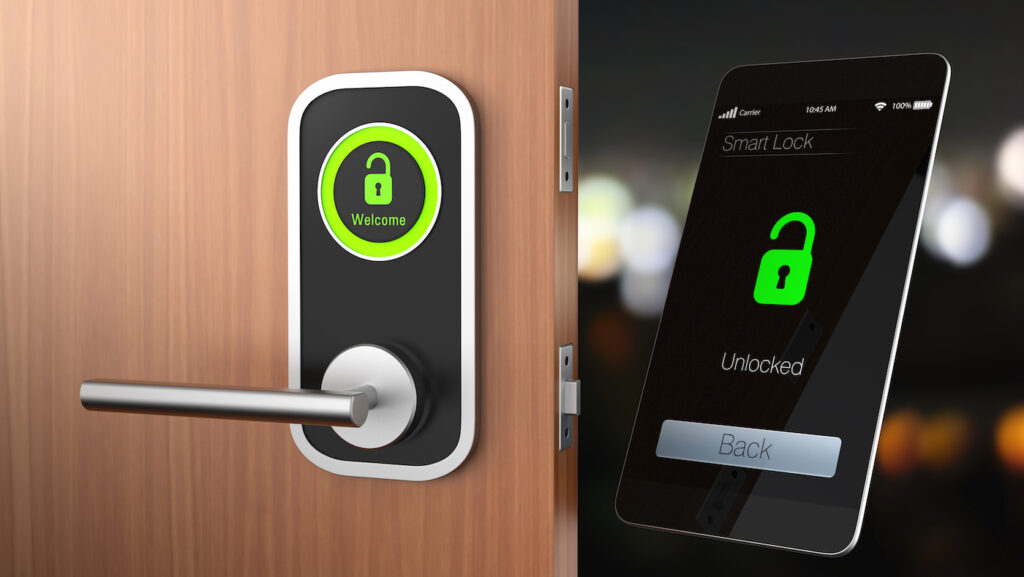
Features of Smart Locks:
- Remote Access: Control your locks via a smartphone app, even when you’re not at home.
- Keyless Entry: Use a PIN code, fingerprint, or smartphone to unlock the door.
- Integration with Smart Devices: Sync with other smart home systems, such as security cameras, alarms, and voice assistants like Amazon Alexa or Google Home.
- Temporary Access: Grant temporary or time-limited access to guests, housekeepers, or maintenance workers without needing to give them a physical key.
- Activity Logs: Track when and by whom your door was locked or unlocked.
What Are Traditional Locks?
Traditional locks are the mechanical systems most homeowners are familiar with, typically using a physical key to unlock doors. These locks come in various styles, such as deadbolts, padlocks, and knob locks, and have been used for decades as a reliable method of securing homes.
Types of Traditional Locks:
- Deadbolts: Commonly used on exterior doors for added security. They can only be unlocked with a key or thumb turn from the inside.
- Knob Locks: Often found on interior doors, these locks are generally paired with deadbolts for added protection.
- Mortise Locks: Heavy-duty locks often used in commercial buildings or older homes, offering superior strength.
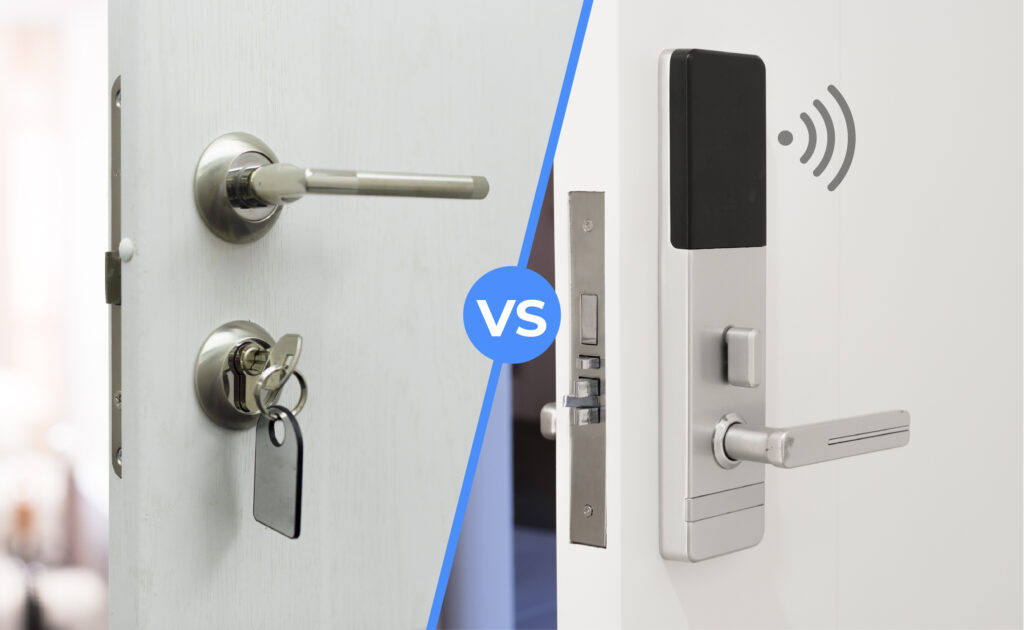
Comparing Smart Locks and Traditional Locks
1. Convenience
Smart Locks: Smart locks offer unparalleled convenience, especially for busy homeowners. You can lock or unlock your door remotely, making it easy to let in guests, check if you’ve secured your home, or grant access to service providers without being physically present. Keyless entry means you no longer need to worry about losing your keys or fumbling for them in the dark.
Traditional Locks: While traditional locks are straightforward to use, they lack the flexibility and convenience of smart locks. You must have a physical key on hand, and if you lose it, rekeying the lock or making duplicate keys becomes necessary.
Winner: Smart Locks. The ability to control locks remotely and keyless entry makes smart locks more convenient for modern homeowners.
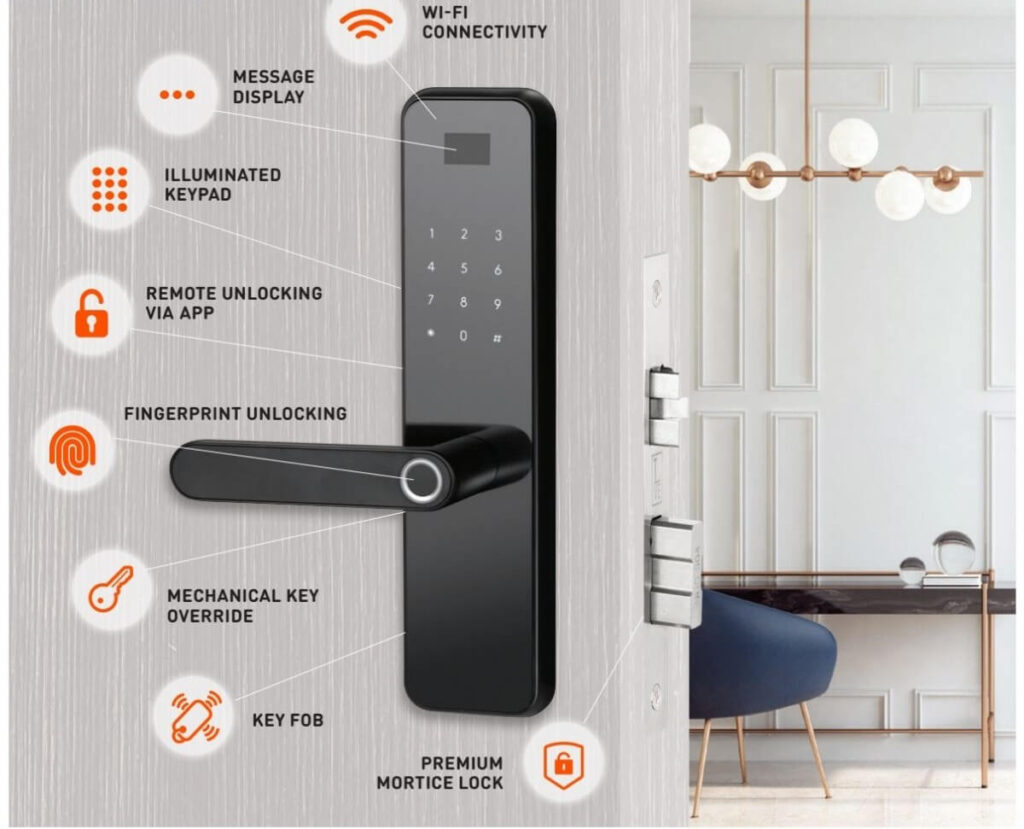
2. Security
Smart Locks: While smart locks offer many high-tech features, they are not immune to hacking or technical malfunctions. If a hacker gains access to your smartphone or smart home system, they may be able to unlock your door remotely. Additionally, smart locks that rely on Wi-Fi or Bluetooth can be vulnerable to cyber-attacks, though these incidents are relatively rare.
However, some smart locks offer added security features, such as built-in alarms, tamper detection, and auto-lock capabilities.
Traditional Locks: Traditional locks, especially deadbolts, are a tried-and-true method of securing your home. However, they can be vulnerable to physical tampering methods like lock-picking, bumping, or forced entry. Additionally, if a key is lost or stolen, you may need to rekey or replace the lock.
Winner: Tie. Traditional locks provide robust physical security, while smart locks offer advanced monitoring and access control but come with potential cybersecurity risks.
3. Cost
Smart Locks: Smart locks tend to be more expensive than traditional locks due to their advanced technology and additional features. Prices can range from $150 to $500 or more, depending on the brand and features. Additionally, smart locks may require ongoing costs, such as battery replacements or subscription fees for certain features (like cloud storage for activity logs).
Traditional Locks: Traditional locks are generally more affordable, with deadbolts ranging from $30 to $100. They do not require batteries, apps, or subscriptions, making them a cost-effective solution for homeowners on a budget.
Winner: Traditional Locks. If cost is a major consideration, traditional locks offer a much more affordable solution.
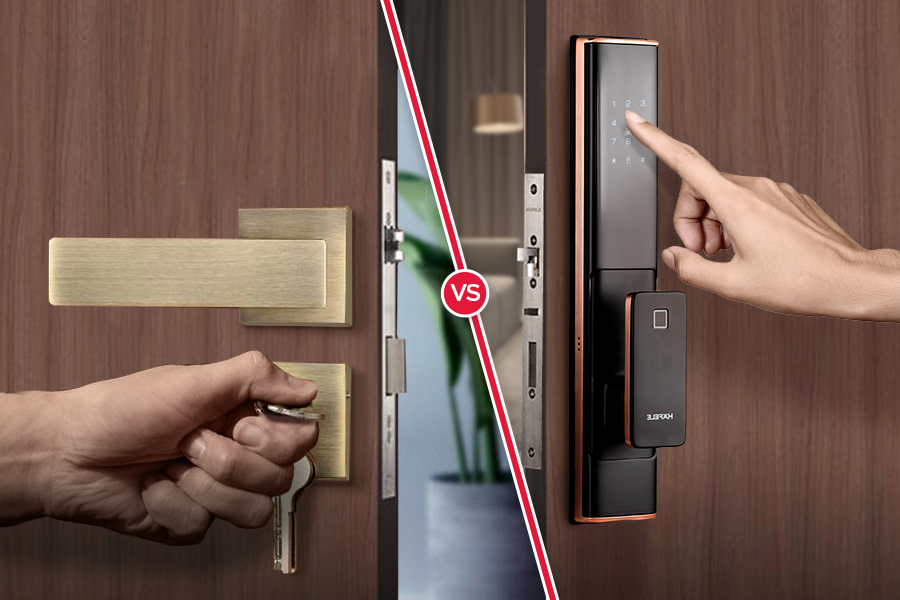
4. Installation
Smart Locks: Installing a smart lock may require professional assistance, especially if you’re integrating it with other smart home systems. While some models are designed for DIY installation, others can be more complex, involving Wi-Fi or Bluetooth connectivity.
Traditional Locks: Traditional locks are easier to install and usually don’t require professional help. Most homeowners can install or replace a deadbolt or knob lock with basic tools and a little know-how.
Winner: Traditional Locks. Traditional locks are simpler and easier to install, making them more accessible for most homeowners.
5. Maintenance and Reliability
Smart Locks: Smart locks run on batteries, which need to be replaced periodically. If the battery dies, you may be locked out of your home unless the lock has a backup key option or external battery port. Additionally, smart locks can sometimes malfunction due to software issues, which could cause connectivity problems or lock failures.
Traditional Locks: Traditional locks are extremely reliable and require minimal maintenance. A simple lubrication and occasional cleaning can keep a traditional lock functioning smoothly for years. They don’t rely on batteries or Wi-Fi, so there’s no risk of malfunction due to power loss.
Winner: Traditional Locks. With less reliance on technology, traditional locks are more reliable and require less maintenance.

6. Flexibility
Smart Locks: Smart locks offer more flexibility when it comes to controlling access to your home. You can set temporary codes, provide remote access, or create a schedule for auto-locking. This makes them ideal for Airbnb hosts, rental property owners, or anyone who regularly has visitors or service workers.
Traditional Locks: Traditional locks provide limited flexibility. You need physical copies of the key for every person who requires access, which can be inconvenient if you have many people coming and going.
Winner: Smart Locks. The flexibility of smart locks makes them a great choice for households with varying access needs.
Which Is Right for Canadian Homeowners?
The decision between smart locks and traditional locks depends on your personal preferences, budget, and security needs.
- Smart Locks are ideal for tech-savvy homeowners who want convenience, advanced security features, and remote access. They’re especially useful for homes that already incorporate other smart home technologies, or for rental property owners who need to manage access for multiple guests.
- Traditional Locks are a reliable, cost-effective option for homeowners who prioritize simplicity, durability, and low maintenance. They’re particularly suitable for those who don’t need remote access or are concerned about potential cybersecurity threats.
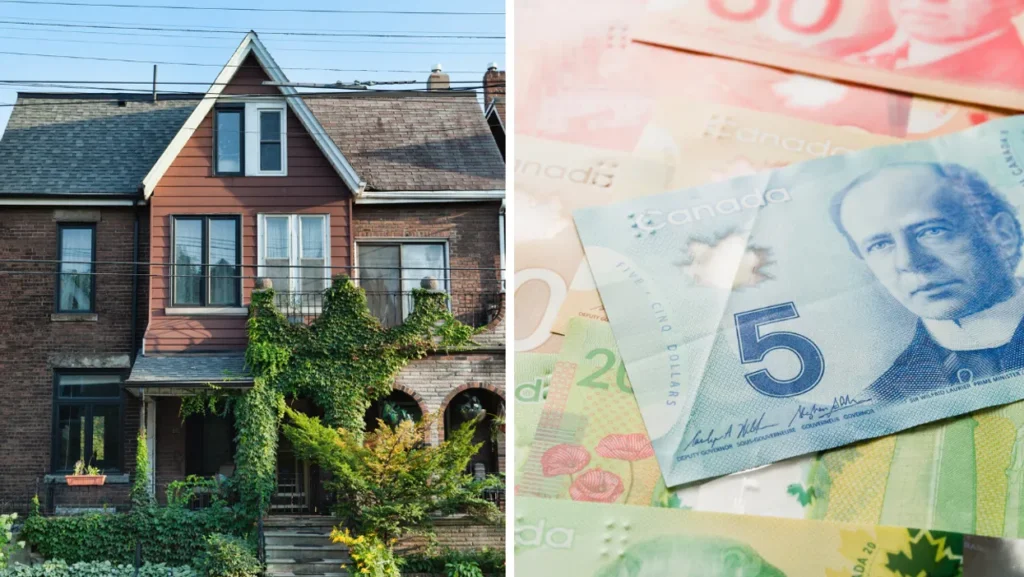
Final Thoughts
For Canadian homeowners, the choice between smart locks and traditional locks ultimately comes down to what you value most: convenience and advanced features or affordability and simplicity. Whichever option you choose, ensuring your home’s security is the top priority. Both smart and traditional locks can provide the peace of mind you need to feel safe in your home.
